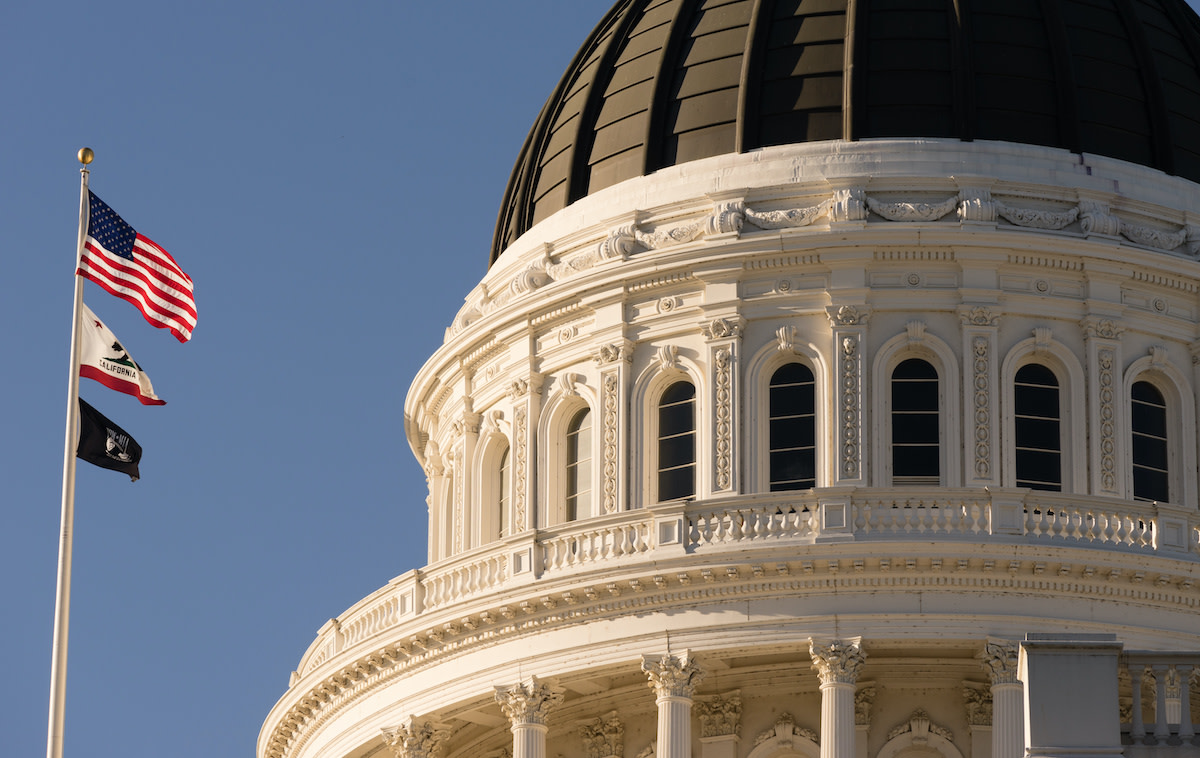What Does a Governor Do? 6 Duties of a Governor
Written by MasterClass
Last updated: Sep 6, 2022 • 3 min read
In the United States, a governor is the chief executive officer of a state government and controls the day-to-day governmental business.
Learn From the Best
What Is a U.S. Governor?
A governor is an elected official who leads the executive branch of a state, commonwealth, or territory’s government. Along with a state legislature—typically a state senate and a state assembly—the governor advances and enforces state laws. In most states, the governor serves alongside a lieutenant governor, elected either on the same ticket or a separate ticket. Other officers in the executive branch of state government may include a secretary of state, a state attorney general, a state comptroller, a state agriculture commissioner, and a state insurance commissioner. In some cases, the governor appoints these officeholders; in others, they’re elected by voters.
In the United States, an elected governor serves a four-year term. Some states, such as Maryland and California, have term limits on the governor's office, while others, such as New York, do not impose term limits on their governors. The Commonwealth of Virginia does not allow its governor to serve two consecutive four-year terms, but governors may skip a term and run for office again.
Governor vs. Mayor: What’s the Difference?
A governor is the chief executive officer of an entire state. A mayor is the chief executive officer of a particular town or city. As such, each state in the US has many mayors but only one governor. While a mayor only has domain authority over their particular city, a governor’s powers affect all of the cities, towns, and counties within their respective state. This makes the governor’s authority as a chief executive broader and more comprehensive than that of a mayor. In some cases, a governor (along with a state legislature) may overrule municipal laws passed by a mayor within their state.
What Are the Responsibilities of a Governor?
The responsibilities of a governor vary from state to state, as the state constitution prescribes a governor’s power. Among the duties conferred on most governors are:
- 1. Propose and pass new legislation. A state governor can sign new legislation that has advanced through the state legislature. Governors can also issue executive orders to take quick action without the cooperation of the legislature. If a legislature passes a bill the governor disapproves of, they can veto it. (However, most states allow the legislature to overturn a governor's veto with a two-thirds majority vote.) Some governors also possess the power to convene a special legislative session to pass bills on short notice.
- 2. Command the state National Guard. Every state has its own National Guard, which the governor commands.
- 3. Manage agencies. In most states, agencies like the Department of Health or the state police report to the governor.
- 4. Appoint state judges. In some states, such as New Hampshire and Rhode Island, governors may also nominate judges to the state Supreme Court to be approved by either a state board, judicial nominating commission, or the State Senate.
- 5. Grant clemency and reprieves. A governor can issue pardons, prison commutations, and reprieves for people incarcerated in state prisons.
- 6. Interface with other states and the federal government. Most governors maintain regular contact with the federal government, mainly via their state's delegation to Congress. Governors can also network through the National Governors Association, an advocacy group representing governors who share common goals.
How to Become a Governor
Every state conducts a gubernatorial election once every four years. The winning candidates tend to have experience in other political offices with posts such as lieutenant governor, US representative, US Senator, or as a member of state legislature. An aspiring governor may run for lower-level offices, such as school board or city council, and gradually work their way up. Historically, fame and personal fortune can help candidates ascend from the private sector to governorship.
Most states legally require that their governor be a resident of the state at the time of their election and impose minimum age requirements. On the low end of these requirements, four states require the governor to be at least 18 years old, while on the high end, the state of Oklahoma requires its governor to be at least 31 years old.
Learn More
Get the MasterClass Annual Membership for exclusive access to video lessons taught by the world’s best, including Paul Krugman, David Axelrod, Doris Kearns Goodwin, Karl Rove, Jane Goodall, and more.
